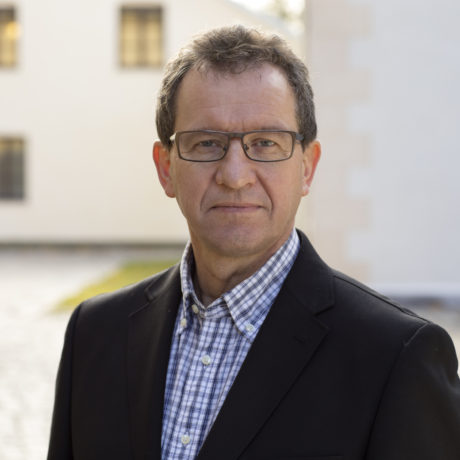Turkey has been fighting an off-and-on war with the Kurdish Worker’s Party (PKK) since the 1980s over Kurdish independence or self-rule in South East Turkey. A peace process started in March 2013 but collapsed in 2015. Turkish security forces then conducted extensive operations against PKK and PKK-affiliated organisations mostly in the urban centres of the region. The ensuing brutal conflict caused the killing of hundreds of civilians, displacement of more than 350,000 people, and the destruction of old urban centres.
“The government should start an independent investigation regarding crimes that reportedly took place during the security operations”, says Gunnar Ekeløve-Slydal, Head of Policies at NHC. Read the full report here
The policy paper discusses the consequences of the security operations with a focus on Sur, an ancient district in the city of Diyarbakır. Sur had about 120 000 inhabitants before fighting started in early December 2015, which led to more than 40 000 leaving the area.
Sur’s history goes back millennia, with traces of dozens of civilisations, including Jewish, Muslim, Christian, Persian, Arab, Armenian and Turkish. More than 1,500 buildings have been labelled historic and are protected by law. In June 2015, UNESCO enlisted the 12-meter-high stone fortifications that encircle Sur, built around 350AD, as a World Heritage Site. It also included the 8,000-year-old Hevsel Gardens, which lie between the walls and the Tigris river, on the list.
More inclusive policies are needed to increase local ownership of the rebuilding and further development of the region.
Gunnar Ekeløve-Slydal, Head of Policies, NHC
More than four years after the end of the security operations, construction in the Sur district is still ongoing. Several neighbourhoods are closed to Sur residents, and interwoven political, legal, economic, and cultural issues remain to be solved. The paper argues that authorities should involve local actors and cultural heritage experts much more than is currently the case, in the process of planning and conducting the restoration of the district.
UNESCO has been largely silent about the destruction in Sur. It should step up its involvement and ensure that cultural heritage concerns are taken into consideration in the reconstruction and further development of the district.

